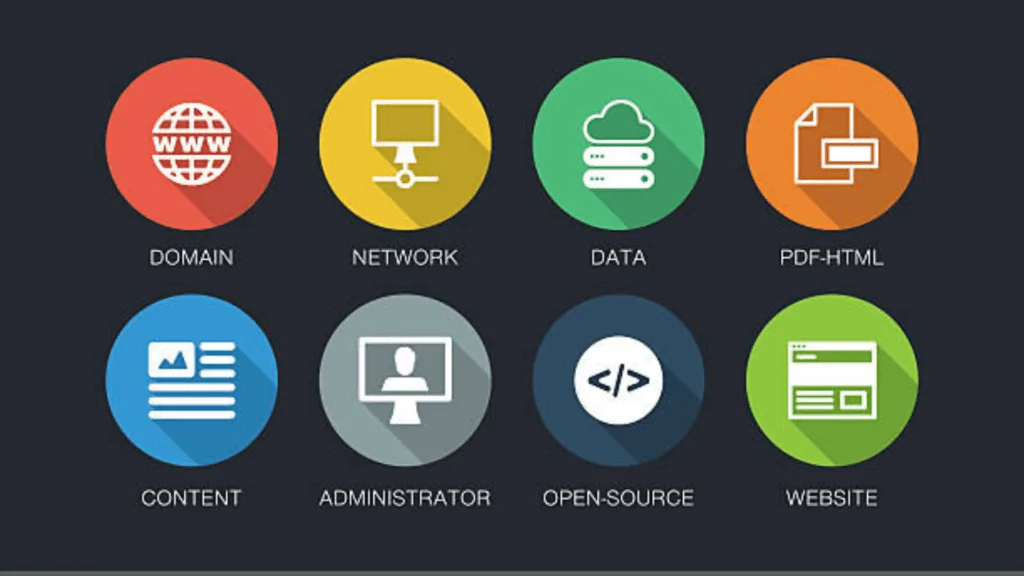
I
Importance of Content Management Systems (CMS)
Cms Systems solutions (Content Management Systems) are indispensable tools in today’s digital landscape, offering a structured and user-friendly approach to managing online content. The significance of CMS systems solutions can be understood through several key points:
- Streamlining Content Management: CMS systems platforms simplify the process of creating, editing, organizing, and publishing digital content on websites. They provide intuitive interfaces that enable users, regardless of technical expertise, to manage content efficiently.
- Empowering Non-Technical Users: With CMS systems individuals and organizations can manage their websites without the need for coding knowledge. Content creators, editors, and administrators can update website content independently, reducing reliance on IT or web development teams.
- Enhancing Collaboration: CMS systems facilitate collaborative content creation and management by allowing multiple users to work on the same website simultaneously. Features like user roles and permissions ensure controlled access to content editing functionalities.
- Improving Website Maintenance: CMS systems platforms streamline website maintenance tasks, such as updating plugins, themes, and security patches. Automated processes and centralized management interfaces make it easier to keep websites up-to-date and secure.
- Enabling Scalability and Growth: CMS systems offer scalability, allowing websites to evolve and grow alongside the needs of the users or organization. As content requirements expand or change, CMS platforms can accommodate new features, pages, and functionalities.
Let’s explore the top CMS systems platforms, highlighting their key benefits and use cases to help you make an informed decision for your website needs.



![How to Build a LinkedIn Marketing Strategy [Free Template]](https://technaseer.com/wp-content/uploads/2025/02/1696446402112-300x169.jpeg)


